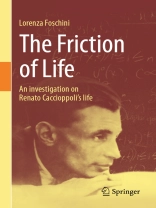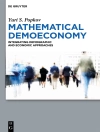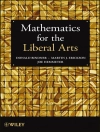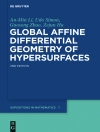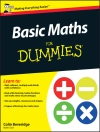Naples, May 8, 1959. Renato Caccioppoli, a mathematical genius, prodigious pianist, captivating storyteller, highly cultured and multilingual, believed to be the grandson of the anarchist movement founder Mikhail Bakunin, takes his own life by shooting himself in the back of the head in his residence at Palazzo Cellammare.
Adored by students and colleagues, a symbol of freedom and non-conformity for an entire generation, Caccioppoli enchanted not only some of the most celebrated intellectuals of the century – André Gide, Pablo Neruda, Eduardo De Filippo, Benedetto Croce, Alberto Moravia, Elsa Morante – but also, and above all, the people of Naples, who have always regarded him with amazed admiration. Persecuted by the fascist regime, afflicted by what the writer and friend Paola Masino would describe as ‘the friction of life, ‘ his death permanently places him in the city’s history.
This meticulous and well-documented investigation tells us who Caccioppoli truly was and offers us an un-stereotyped and, in some ways, unprecedented portrayal of a legendary Naples.
Table des matières
Introduction. Family memories.- Teatro San Carlo. October 1958.- Chiaia. Winter 1958.- Renato’s “grandfather”. 1869.- Salon Offritelli. 1923.- Et velum scissum est. 1925-1930.- Salon Del Re. 1930.- Padua. 1931-1934.- Inert as life is. 1933.- Homecoming. 1934.- Salon Benzoni. August 1937.- State Archives – Rome. 2020.- Taking the cockerel for a walk. 1936.- State Archives – Rome. 2020.- Caffè Vacca. 1936.- Ettore Majorana. 1938.- How to dispel a myth. October 23, 1938.- From Capodimonte to Capodichino. 24 October-30 November 1938.- Renato gets married. June 29, 1939.- Ovaloids of assigned metric. May 1939.- Mikhail’s papers set ablaze. September 12, 1943.- Mario Alicata. 1944.- Salon Caccioppoli. 1945.- Salon Kosagovskaya. 1949.- Salon d’Avalos. 1950.- The beginning of the end. 1946-1949.- Whispers and cries. 1950.- On his trail. 2020.- The exams. 1950-1952.- The battleship Potemkin. 1952.- Words and life. 1951-1952.- A pure spirit. 1951-1952.- Women. 1954-1956.- Trafficker in ideas. 1953-1956.- Francesca Spada. 1957.- Giovanni Ansaldo. 1957.- The inane attempt at seriousness. 1958.- Wanda Monaco. 2020.- Pucundria. 1958.- Caccioppoli’s apartment. 1958.- The two photographs. 1958.- The friction of life. October 1958.- Caflisch. April 1959.- How beautiful a’ Muntagna is tonight. April 1959.- What no one knows. May 8, 1959.- What everyone knows. May 8, 1959.- Truly orphans. May 9, 1959.- Conclusion. Family considerations.
A propos de l’auteur
Born in Naples, Lorenza Foschini was the longtime anchorwoman of tg2, the news programme on RAI2. The author and presenter of successful broadcasts, she has created documentaries and in-depth programmes. She has published, among other things, Proust’s Overcoat, Zoé, la principessa che incantó Bakunin, Il vento attraversa le nostre anime. Marcel Proust e Reynaldo Hahn. Una storia d’amore e di amicizia. All translated into various languages. She also translated unpublished pieces by Proust in Ritorno a Guermantes and edited La democrazia in 30 lezioni by Giovanni Sartori.
